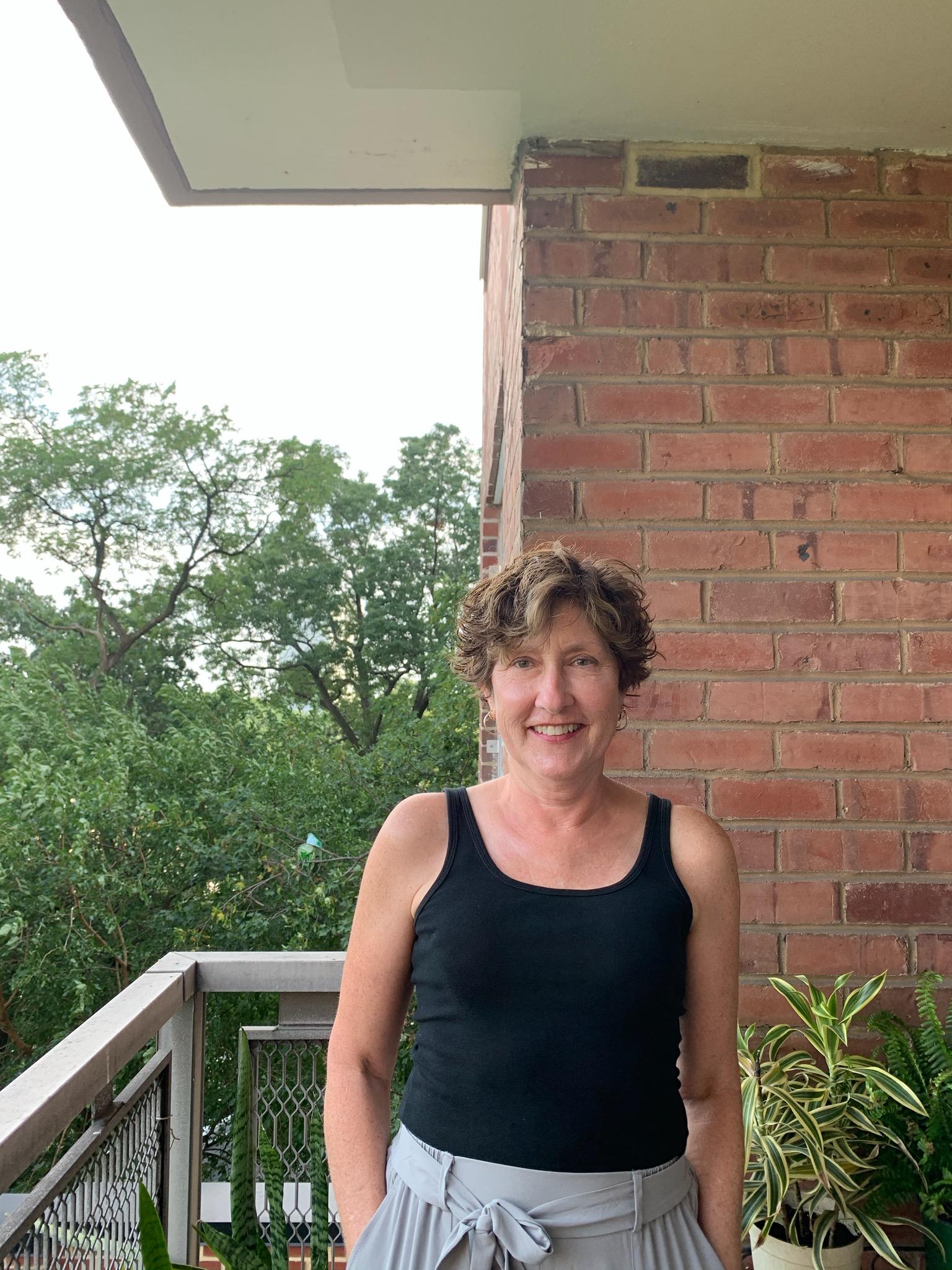“No one says anything to the three women who have taken off their bikini tops, though people look at them with interest, with disapproval. They sit in size order DD, C, B+, A-. I find the smallest most appealing because of the way they poke out so cheerfully, defying gravity, unlike the other women’s.”
These are the opening lines in the first story of my recently published collection “A Heaven of Their Choosing.” How did I come up with that opening? I didn’t have to. It came to me; all I had to do was notice the three young women who had unfurled their towels, unhooked their tops, and sat down a few feet away from me on the beach. It was impossible not to notice!
This is how stories often come to me. I could be anywhere – taking a walk, on line at the grocery store, in a doctor’s waiting room – and something or someone catches my attention and imagination and then my mind starts tinkering with it -- elaborating on it, exaggerating it, claiming it. The three topless women were an obvious opportunity for a story. How could I not use that? But those women are not what the story is about; they were just the portal. They created an entry point for a story that became “A Prayer at the Sandbar,” which follows a woman who has had breast cancer and who lives with the fear of it returning. Most other times, it’s my observation of something very ordinary that starts taking me on a journey: a man leaning against a building, a small rock left on a gravestone, a child’s night terrors, the red hair of a newborn.

Joann Smith.
Having grown up in the Bronx with five siblings in a walk-up apartment, I like to write about ordinary people in ordinary circumstances who manage to find the extraordinary in their lives. I was raised Catholic, and on Sunday mornings, my sisters and I all reluctantly put on our own copy of the same dress, while my one brother was dressed in coordinating colors. I hated the spectacle that we were, like a float in a parade passing down Kingsbridge Road to Our Lady of Mercy Church. But I loved being in Church. Like a lot of little girls, I had a crush on Jesus, and I liked imagining what it would be like to be in heaven with Him. Though I find God in nature now more so than in churches, that time at Mass and in Catholic schools (elementary school, high school, and college) had and continues to have a profound influence on my writing. So do my two bouts of cancer.
Before my collection was finally accepted for publication (and by the way, I was 64, but that’s another story), another publisher contacted me. He was very frustrated with me because he loved the stories except for the fact that many of them ended on a hopeful note. He asked if I could change the endings of some. Finally, a chance to have my book published! All I had to do was leave my characters in despair. I couldn’t. When I say I like to look for the extraordinary in ordinary lives, what I mean is I want to explore how people/characters create hope when it’s hard to find. The willingness to spin that hope out of thin air is what fascinates me about people and about my characters. It’s extraordinary.
The title of my collection, "A Heaven of Their Choosing," reflects the ways in which characters shape that hope into a path on which they can move forward. For the mother of a red-haired son, her heaven is a belief that her long-deceased redheaded lover is somehow genetically and spiritually connected to her baby. For a woman who finds a small rock on her father’s gravestone, she chooses to give her father a story of a visitor who loved him in his youth and falls in love with him again in his death.
In many ways, I am a character in “A Heaven of Their Choosing.” The fear of cancer returning is always with me; sometimes it crushes me. But I give my characters hope, and so I give myself hope, too. When I pull them from the brink of despair, I am pulling myself away, too.









